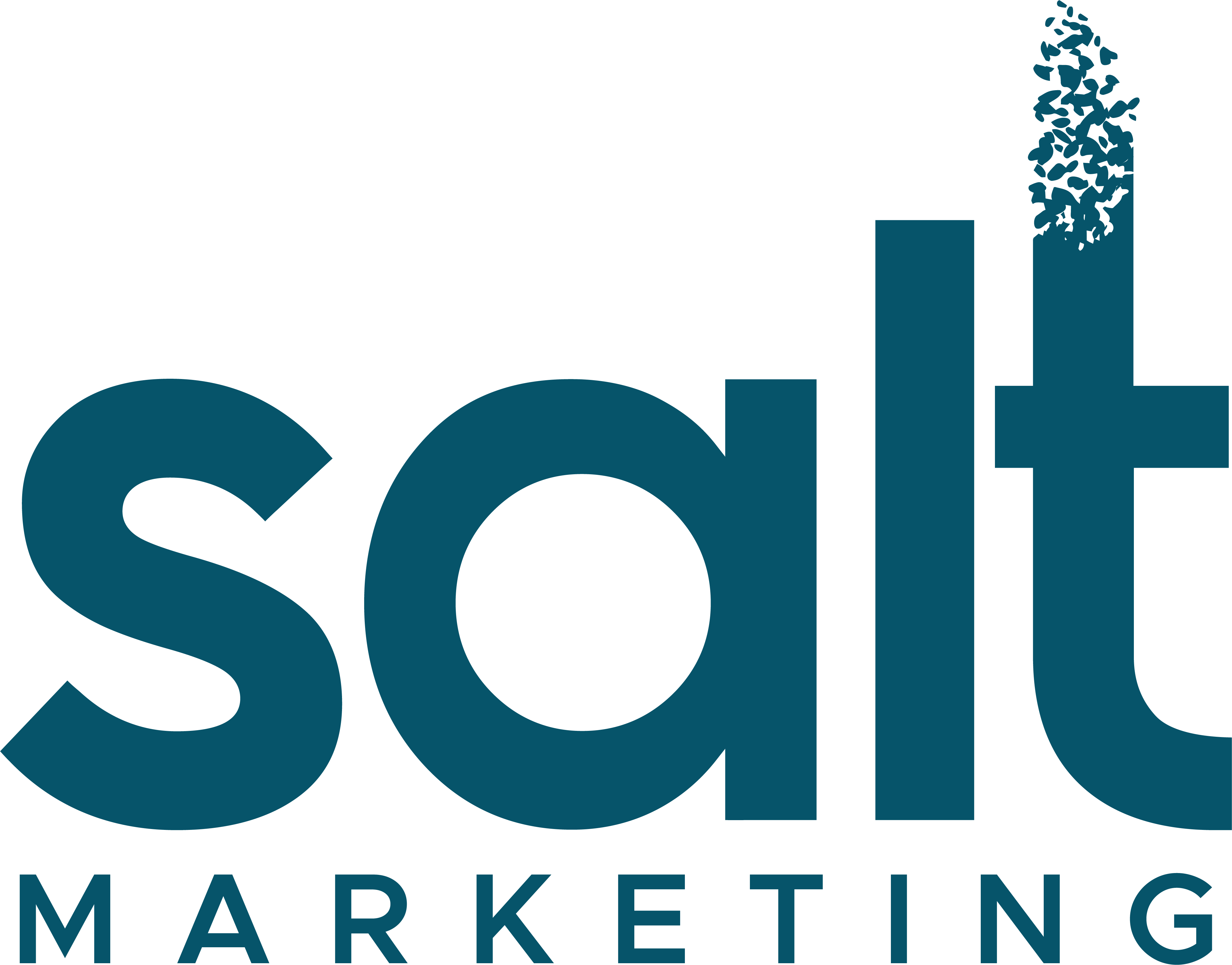For health and wellness businesses across the globe, the relationship between content strategy and SEO has become paramount for achieving online success. A robust content strategy serves as the foundation upon which SEO can thrive, propelling a website to higher rankings and increased visibility. This article delves into the nuances of on-page content strategy for health and wellness businesses and explores the necessary relationship between SEO and content strategy, unveiling essential SEO content strategies that can drive remarkable results.
The Marriage of Content Strategy and SEO
In the digital realm, content is king, and a well-crafted content strategy is its throne. A content strategy encompasses the planning, creation, distribution, and management of content to achieve specific business goals. From blog posts and videos to infographics and social media updates, content strategy governs the entire content lifecycle - and health and wellness businesses need to leverage it all. However, a content strategy without an SEO focus is like a ship without a compass - it might float, but it won't reach its desired destination.
On-Page Content Strategy: The Pillar of SEO for Health & Wellness
When it comes to SEO, on-page optimization is the bedrock upon which effective strategies are built for health and wellness businesses. On-page content strategy involves enhancing individual web pages to rank higher and earn more relevant organic traffic. Here are some key on-page content strategies that seamlessly integrate content strategy and SEO:
1. Keyword Research and Integration
Keywords are the cornerstone of on-page optimization. Thorough keyword research helps identify the words and phrases your target audience is using to find information. Integrate these keywords naturally into your content, including titles, headings, body text, and meta descriptions. However, avoid keyword stuffing, as search engines prioritize user experience and quality content.
2. High-Quality and Relevant Content
Creating high-quality, relevant content is non-negotiable. Search engines value content that addresses user intent and provides value. Craft engaging, informative, and well-researched articles that resonate with your target audience. Additionally, long-form content tends to perform well, as it allows for comprehensive coverage of a topic.
3. Optimized Meta Tags
Meta tags, including meta titles and meta descriptions, are vital for on-page content strategy. The meta title should include the target keyword and succinctly describe the content. Meta descriptions should provide a concise overview while encouraging click-throughs. Compelling meta tags can enhance click-through rates, indirectly affecting rankings.
4. Header Tags and Hierarchy
Proper use of header tags (H1, H2, H3, etc.) improves content readability and signals the structure of your content to search engines. The H1 tag typically contains the main keyword and serves as the title of the page. Subsequent header tags create a hierarchy that organizes the content logically.
5. Internal and External Linking
Linking is a powerful SEO content strategy that enhances user experience and establishes your website's authority. Incorporate internal links to guide users to relevant pages within your site, and include external links to authoritative sources that validate your content. For health and wellness business, this can be medical journals, peer-reviewed articles from reputable health and wellness sources, etc. Well-structured linking can improve page authority and encourage longer time spent on your website.

The Symbiotic Relationship: SEO and Content Strategy
While on-page optimization is crucial, the synergy between SEO and content strategy extends beyond individual pages. Effective content strategy lays the groundwork for successful SEO efforts, and vice versa. Here's how these two elements complement each other:
1. Keyword-Driven Content Creation
A well-informed content strategy hinges on thorough keyword research. SEO research reveals the keywords with high search volumes and moderate competition. Integrating these keywords into your content ensures that your articles are addressing topics relevant to your target audience while aligning with search engine algorithms.
2. Creating User-Centric Content
Modern SEO places user experience at its core. Google's algorithms prioritize content that caters to user intent and provides valuable insights. Your content strategy should be centered around understanding your audience's pain points, interests, and questions. Addressing these aspects results in content that resonates with users and, in turn, ranks favorably in search results.
3. Evergreen Content and Long-Term SEO Benefits
Creating evergreen content - content that remains relevant and valuable over time - is a content strategy that has SEO benefits. The good news for health and wellness businesses is that the fundamentals for a healthy life will never go out of style! Such ever-green content accumulates organic traffic over the years and establishes your website as a go-to health and wellness resource, boosting your site's authority and enhancing its SEO standing.
4. Content Promotion and Backlink Building
A robust content strategy incorporates content promotion to amplify its reach. Promoting your content to industry influencers, sharing it on social media, and reaching out to relevant websites for guest posting opportunities can result in valuable backlinks. Backlinks, a critical factor in SEO, not only drive traffic but also contribute to your site's authority.
In the intricate dance between content strategy and SEO, the synergy between the two is undeniable. On-page content strategies are pivotal for optimizing individual web pages, but their effectiveness is magnified when integrated into a comprehensive content strategy. Through keyword research, high-quality content creation, optimized meta tags, proper header tag usage, and strategic linking, a harmonious union of content strategy and SEO can propel your website to higher rankings and increased organic traffic. Remember, the key lies in understanding your audience, crafting valuable content, and adhering to best SEO practices for a well-rounded digital presence.
If you need help with your website's content strategy and SEO, Salt Marketing is here to help. You can take a free assessment or contact us today grow@saltmarketing.co to get more information.


